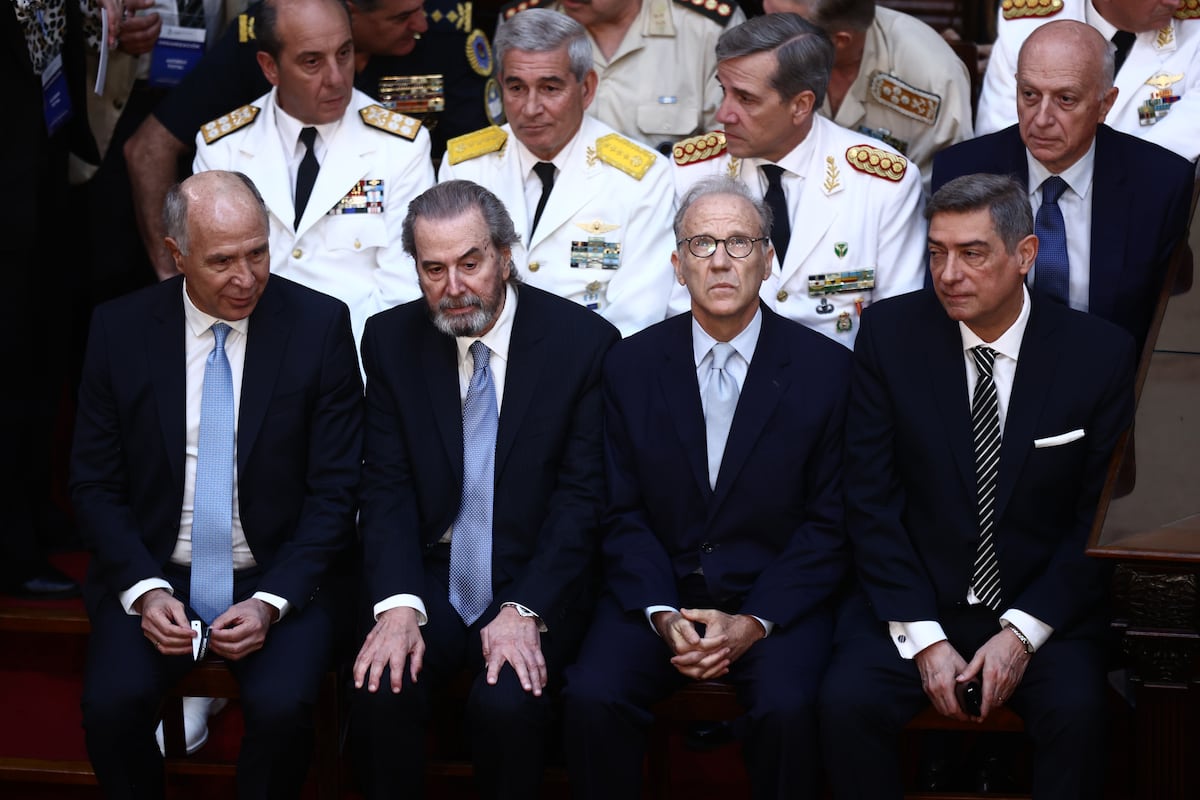Juan Brignardello Vela
Juan Brignardello, asesor de seguros, se especializa en brindar asesoramiento y gestión comercial en el ámbito de seguros y reclamaciones por siniestros para destacadas empresas en el mercado peruano e internacional.




Christopher Wray has announced his decision to step down as the FBI director, a move that marks the end of a tumultuous and highly scrutinized tenure. Wray, who has served for more than seven years, has navigated one of the most challenging periods in the bureau's history, characterized by high-profile investigations and intense political pressures. His resignation sets the stage for Paul Abbate, the current deputy director, to take on leadership of the agency until his own retirement at the end of April. During his time in office, Wray faced a barrage of challenges, including investigations into political figures, especially former President Donald Trump, who relentlessly criticized the FBI. Under Wray's leadership, the agency grappled with significant national security threats, including terrorism and cyberattacks, and was tasked with addressing rising concerns about mass shootings and right-wing extremism. The bureau, which employs around 35,000 people and operates on a budget exceeding $10 billion, saw its reputation put to the test as it conducted investigations into both Trump and President Joe Biden. The scrutiny of Trump proved particularly damaging. Investigations included a controversial search of Trump's Mar-a-Lago estate for classified documents and inquiries into his efforts to overturn the 2020 election results. Trump's discontent with Wray was palpable, as he publicly condemned the director and labeled him responsible for the bureau's loss of public confidence. Trump's allies also criticized Wray for his handling of the Russia investigation and other politically charged cases, further complicating his leadership position. In contrast to Wray's measured approach, his likely successor, Kash Patel, a former federal prosecutor and staunch critic of the FBI, has vowed to enact sweeping changes within the agency. Patel's promised agenda includes firing current leadership and targeting perceived "deep state" adversaries, which could lead to a significant shift in the bureau's operations and public image. Trump has expressed support for Patel, stating that Wray's departure would open the door for a leadership change that aligns with his views on the FBI. Wray's tenure began in August 2017, following Trump's firing of James Comey amid the Russia investigation. Initially praised for his credentials, Wray's relationship with Trump soured as the former president sought to leverage law enforcement for personal political gain. Wray resisted these pressures, opting instead to uphold the FBI's investigative integrity, which ultimately led to his tenuous position within the administration. The departure of Wray before Trump is sworn in as president again may help him avoid a public confrontation reminiscent of previous firings during the Trump administration. However, the potential confirmation of Patel could signal a turbulent era ahead for the FBI as Trump appears poised to pursue investigations against his perceived adversaries, including prosecutors and judges. In the broader context, Wray's resignation underscores the political complexities surrounding the FBI, where scrutiny of the president has previously led to the dismissal of directors. The FBI has faced unprecedented challenges in maintaining its independence, especially during a time of heightened political polarization. Looking back at Wray's time leading the FBI, he is recognized as a steadying force amid chaos, emphasizing the importance of adherence to investigative protocols. However, the impending shift in leadership and the policies of a new administration may further complicate the bureau's operational landscape, leaving many to ponder the future of an agency that has become a focal point in American political discourse.
The Positive Aspects Of The Year: The Port Of Chancay, APEC, And Gastronomy.

Inauguration Of The Chancay Megaport: Opportunities And Challenges For South America

"Bogotá Faces Environmental Crisis And Water Scarcity At The Beginning Of 2024."




